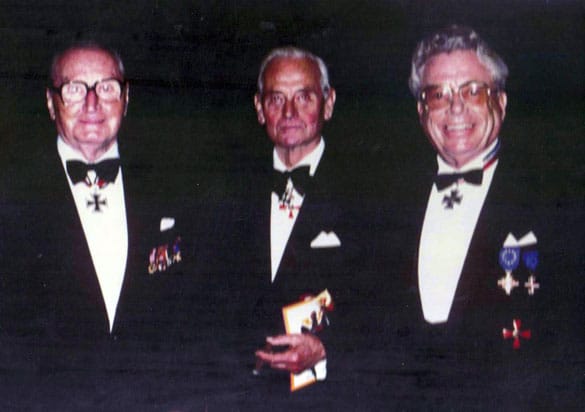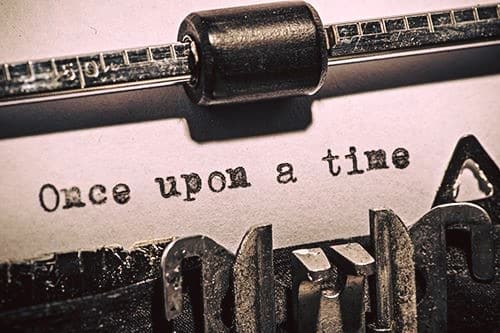Tell Me About Yourself
Tell Me About Yourself. It may be the most difficult request to answer in your entire life. And one of the most important. It is hard enough to do in writing. But when it knifes-in out of the blue in a conversion, it can cause folks to freeze-up or begin stammering. That’s bad news if you are in a job interview, or maybe trying to get into college and are talking with a representative of the school. Or maybe you have met someone that you think might turn into someone special. Or even turn into the someone special.
That exact moment you hear these words cannot be the first time you have thought about what your answer might be. You cannot lie; they will find out, because you won’t remember the made-up details. You don’t even want to embellish. You’ll want to tailor your response to the purpose of the interview, mentioning your experiences in school, business, hobbies, or whatever the case may be. And you need to be quick. Nobody likes a droner. Try two minutes, or less, to get it done.
However, there is one other question, that can be even more difficult to answer. Tell me something interesting about yourself. Now, you are not talking about the skillsets you bring to the table; you’re discussing why you are interesting; which really translates to why should that person want to continue to associate with you; have lunch; identify common interests. In short, why you are not boring. Another way of saying, why would this person want to have a beer with you? And if you are really interesting, they’ll buy the beer!
Maybe you want to perhaps mention unique places you have visited – but not discussing fancy, expensive hotels you’ve stayed in. That sounds too much like bragging. Money is not interesting. Life is. Maybe describing some really interesting persons you have met, but not in a way that suggests name-dropping. No one truly cares if you just saw Taylor Swift on your vacation last year. If you can describe some experience which is highly-unlikely that the person, to whom you are talking, has ever heard before, you’re rolling.
But you can’t be long-winded. Leave the person you are talking with wanting to know more.
If you asked me that question, here are a just a few answers I might throw out that describe people I’ve met and some odd places I’ve found myself. But again, it depends on the situation, and if the other person I am talking with would have any idea about the people or events, or even care about the experiences.
- Knew an old German Army officer who briefed Adolf Hitler in 1942 on conditions at the Russian Front and then had lunch with him.
That’s it. Not going to add what they talked about in the briefing or the other people in the room, some who were infamous and others you’ve never heard of, but were really important. Not going to add who attended lunch, what they ate, if they had alcohol. That’s reserved for future chats. The guy I’m talking about is on the left below. The one in the center is described below. The one on the right was the son of a German army general, who was executed for his roll in the attempted assassination of Hitler; his character can be seen in the movie Valkyrie. Spent an evening with them and the stories they told!! This is what authors talk about when they mention the term “primary source.”
- Knew another old German Army officer who was at Hitler’s Rastenburg “Wolf’s Lair” headquarters on July 20, 1944.
That’s it. Not going to add that he was there to personally receive a high military decoration from Hitler; not going to add that earlier in the day he had sat at a dining table outside with a colonel who was actually Claus von Stauffenberg, the officer who placed the bomb in the briefing room, where it detonated almost killing Hitler. Not going to add that the Gestapo interrogated the officer later that day and night to see if he had been part of the plot (He hadn’t.)
- Interviewed Nazi-hunter Simon Wiesenthal, who was later portrayed in a novel and movie titled The Boys from Brazil, in his office in Vienna, Austria for 45 minutes.
That’s it. If you want to know what we talked about, that’s in the future.
- Flew in a rickety old Russian helicopter through the Khyber Pass in Pakistan.
What I was doing there, and that we stopped off around Landi Kotal at the Khyber Rifles Officers Club and had a beer will wait till later.
- Went fly-fishing one October in the high hills of Montana with an old Army buddy, and Hank saw a pile of steaming bear crap, estimating that he was 400 pounds and had been there less than 30 minutes ago.
That’s it. Want to know what happened next?
Answering these requests does two things. It portrays you as interesting, because you are. Or, if the person to whom you are talking appears bored with your answer, they are probably too boring to know or have to spend a lot of time with.
Interesting lasts forever. Have your story ready to tell. Never tell the entire story all at once. NBB. Never be boring.

